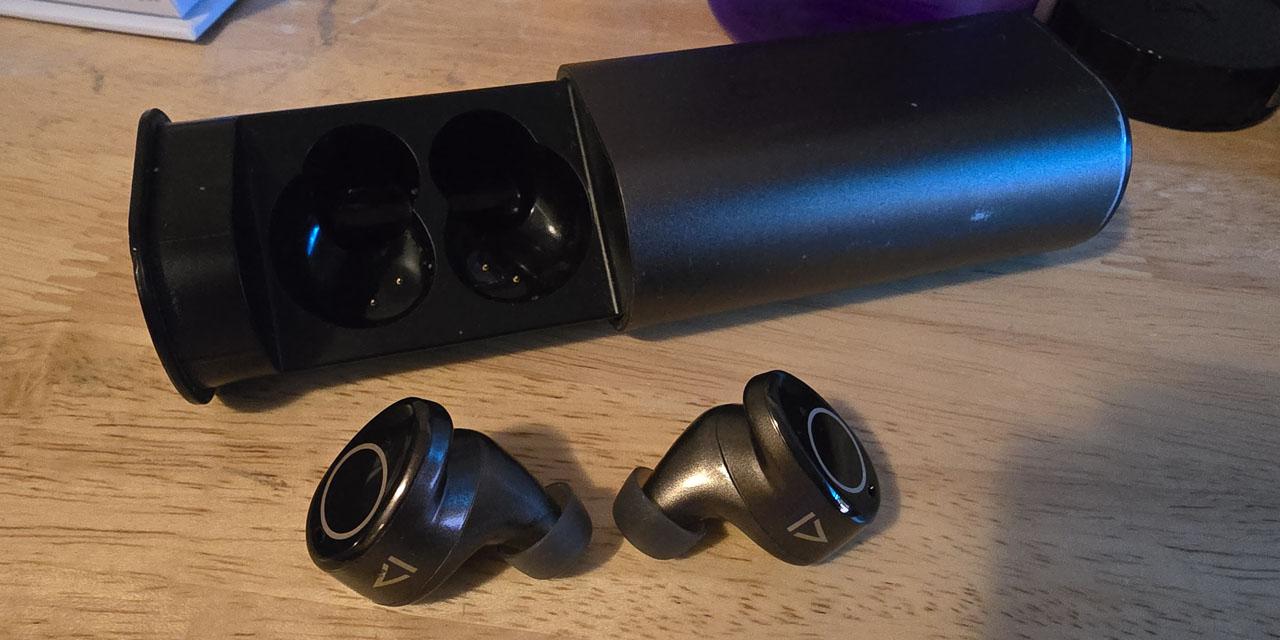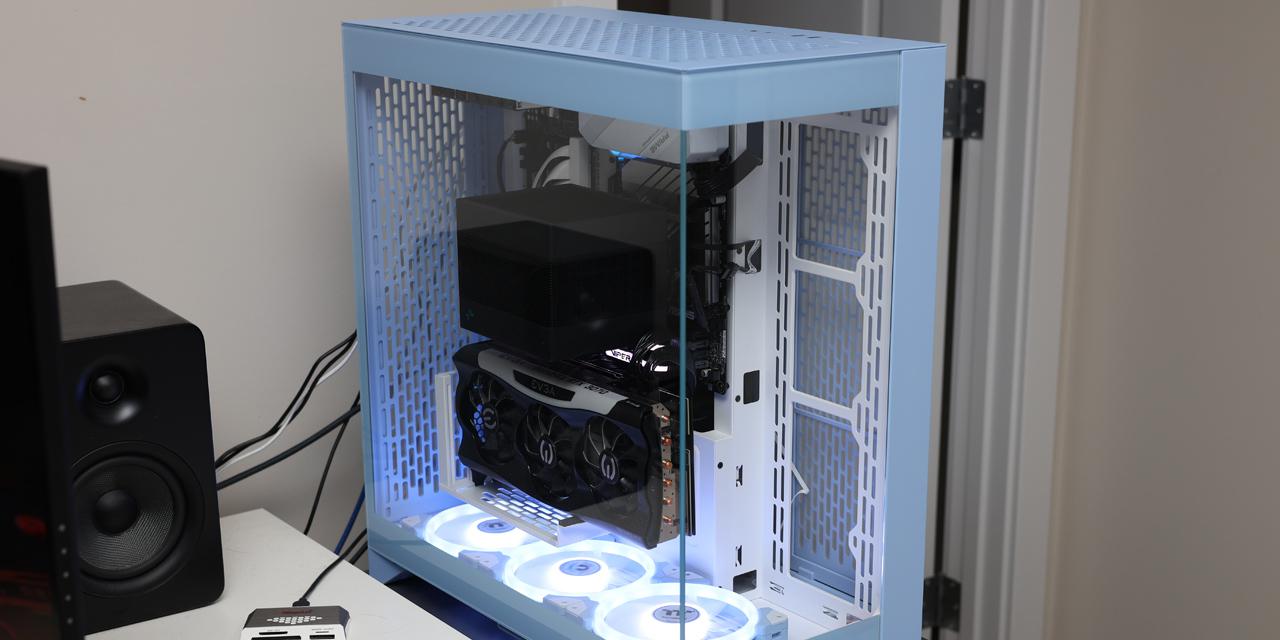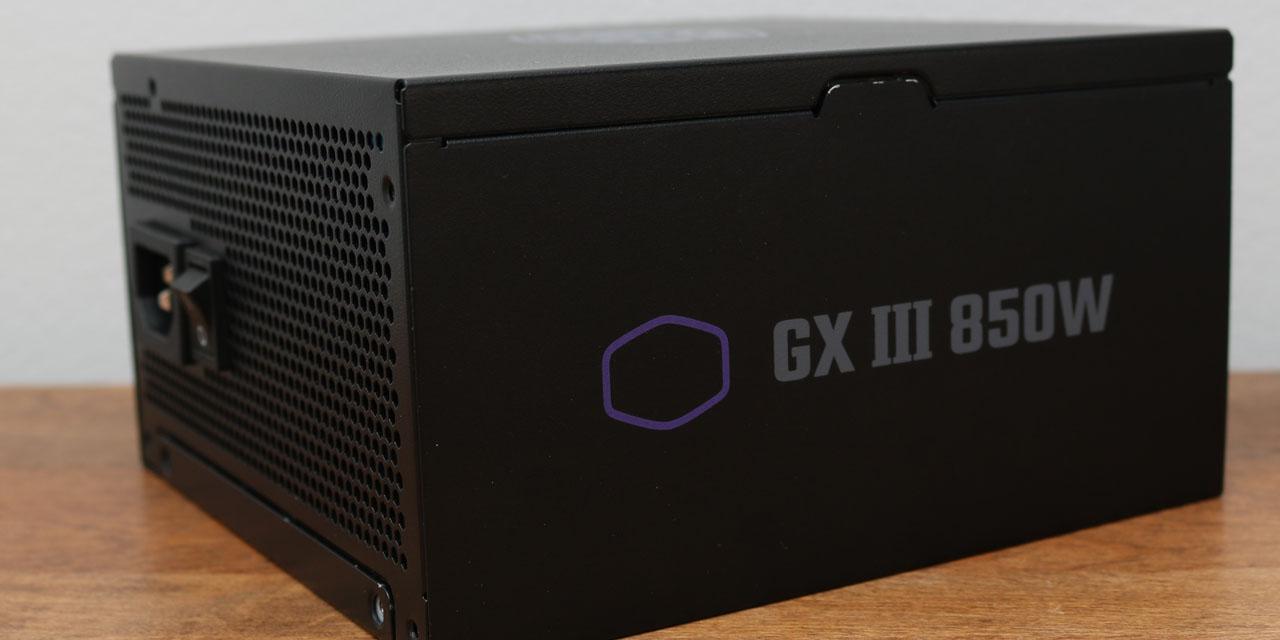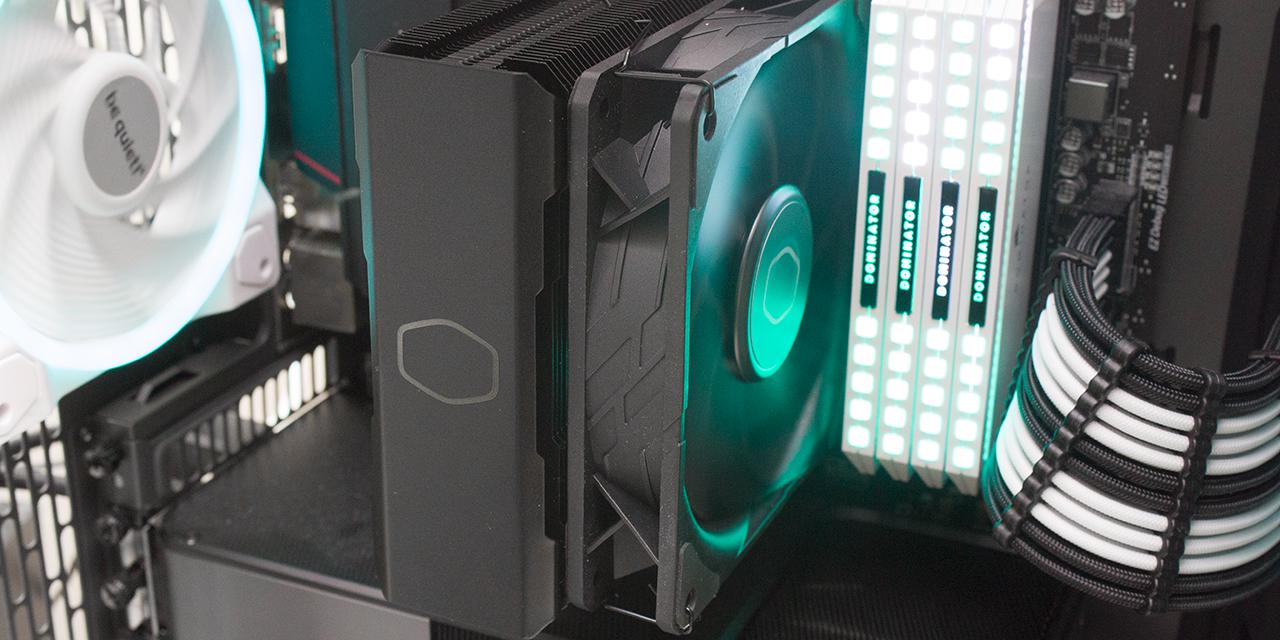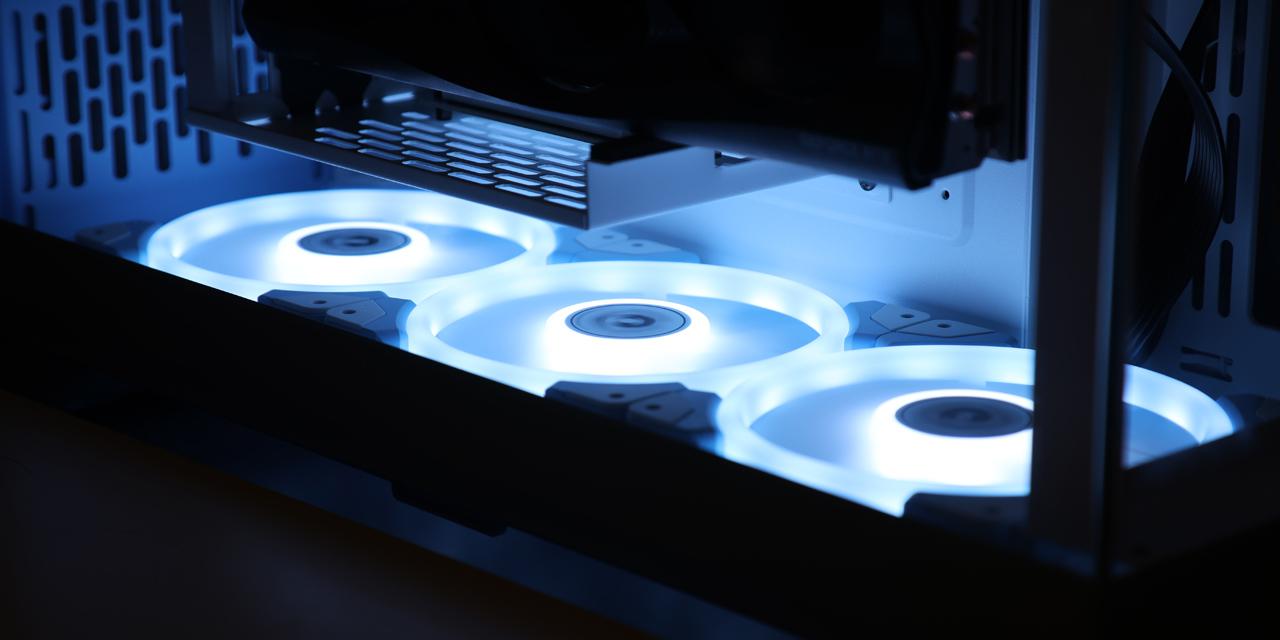From X-bit Labs: The chips are used by warfighters in everything from radios, remote sensors and even phones are of very low cost and are pervasive throughout the battlefield. These electronics have become necessary for operations, but it is almost impossible to track and recover every device. At the end of operations, these electronics are often found scattered across the battlefield and might be captured by the enemy and repurposed or studied to compromise strategic technological advantage. Therefore, it is necessary to destroy those devices somehow.
The Defense Advanced Research Projects Agency (DARPA) recently started the Vanishing Programmable Resources (VAPR) program that seeks electronic systems capable of physically disappearing in a controlled, triggerable manner. These transient electronics should have performance comparable to commercial-off-the-shelf electronics, but with limited device persistence that can be programmed, adjusted in real-time, triggered, and/or be sensitive to the deployment environment.
VAPR seeks to enable transient electronics as a deployable technology. To achieve this goal, researchers are pursuing new concepts and capabilities to enable the materials, components, integration, and manufacturing that will realize this new class of electronics.
DARPA has awarded IBM a $3.45 million contract, under which it will explore a basis set of materials, components, integration, and manufacturing capabilities to undergird this new class of electronics.
IBM intends is to utilize the property of strained glass substrates to shatter as the driving force to reduce attached CMOS chips into Si and SiO2 powder. A trigger, such as a fuse or a reactive metal layer will be used to initiate shattering, in at least one location, on the glass substrate. An external RF signal will be required for this process to be initiated. IBM will develop various schemes to enhance glass shattering and techniques to transfer this into the attached Si CMOS devices.
Transient electronics may enable a number of revolutionary military capabilities including sensors for conventional indoor/outdoor environments, environmental monitoring over large areas, and simplified diagnosis, treatment, and health monitoring in the field. Large-area distributed networks of sensors that can decompose in the natural environment (ecoresorbable) may provide critical data for a specified duration, but no longer. Alternatively, devices that resorb into the body (bioresorbable) may aid in continuous health monitoring and treatment in the field.
View: Article @ Source Site

